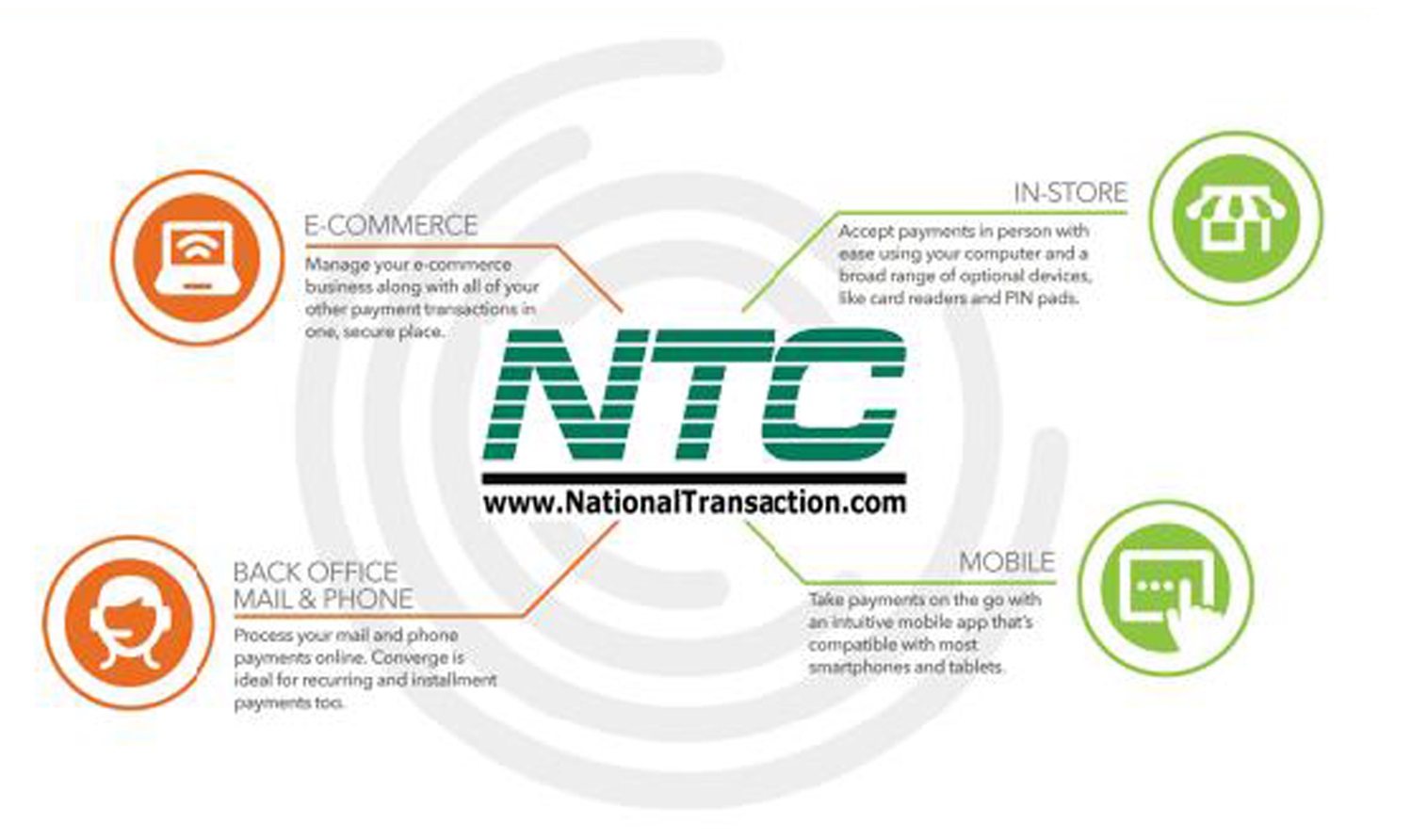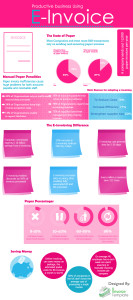
May 12th, 2016 by Elma Jane
Electronic commerce (eCommerce) is a type of business transaction, that involves the transfer of information on the Internet. This allows consumers to exchange goods and services with no barriers of time or distance electronically.
Business-to-Business (B2B) this refers to electronic commerce, between businesses rather than between a business and a consumer. These transactions electronically provide competitive advantages over traditional methods. It’s faster, cheaper and more convenient.
Creating a successful online store can be difficult if you don’t have knowledge of e-commerce and what it is supposed to do for your online business.
What do you need to have an online store?
- Shopping cart – an operating system that allows consumers to buy goods and or services. Track customers, and tie together all aspects of e-commerce into one.
- Or you can check out our NTC e-Pay no shopping cart Solution.
- Taking online payment by getting a merchant account and accept credit cards through an online payment gateway.
You just need to make a better decision in choosing the right shopping cart and a merchant account for your eCommerce shop.
Posted in Best Practices for Merchants, e-commerce & m-commerce Tagged with: b2b, commerce, consumers, credit cards, customers, ecommerce, gateway, merchant, merchant account, NTC e-Pay, online, online payment, payment gateway, shopping cart, transaction
September 18th, 2014 by Elma Jane
Electronic invoicing is the exchange of the invoice document between a supplier and a buyer in an integrated electronic format. Traditionally, invoicing, like any heavily paper-based process, is manually intensive and is prone to human error resulting in increased costs and processing lifecycles for companies.
The issue of compliance seems to have separated E-Invoicing from B2B. Surprisingly many Finance leaders are unaware that their company is already sending/receiving EDI electronic invoices.
E-Invoicing is a common B2B practice and National Transaction is ready to launch its E-Invoicing system.
True definition of an electronic invoice is that it should contain data from the supplier in a format that can be entered integrated into the buyer’s Account Payable (AP) system without requiring any data input from the buyer’s AP administrator.
There are number of formats to be employed, it is useful to Apply below guidelines:
An E-Invoice:
1) Structured invoice data issued in Electronic Data Interchange (EDI) or XML formats.
2) Structured invoice data issued using standard Internet-based web forms.
Not a true E-Invoice:
1) Paper invoices sent via fax machines.
2) Scanned paper invoices.
3) Unstructured invoice data issued in PDF or Word formats.
Although significant cost and time savings can be achieved by removing paper and manual processing from your invoicing, the real benefits of E-Invoicing come with the level of security that comes with E-invoicing. Integration between your trading partners and your invoicing software and other business systems are optional. National Transaction can offer a customized Electronic Invoice Structure .
Posted in Best Practices for Merchants Tagged with: (AP), Account Payable, AP administrator, b2b, buyer, compliance, data, E-Invoice, E-Invoicing, E-Invoicing system, EDI, EDI electronic invoices, electronic data interchange, electronic format, electronic invoices, Electronic invoicing, Finance leaders, Internet-based web, invoice document, invoicing, National Transaction, Paper invoices, Security, supplier, web
August 15th, 2013 by Admin
The Federal Trade Commission recently charged a merchant account provider with violating federal law. The business sells credit card and debit card payment processing services to other small businesses in a business to business or B2B fashion. Allegedly the business made unsubstantiated and false claims to unwary businesses. Read more of this article »
Posted in Credit card Processing, Electronic Payments, Merchant Services Account, Visa MasterCard American Express Tagged with: b2b, credit card processing, FTC, ISO, merchant account, merchant services, MSD, terminal, transaction


